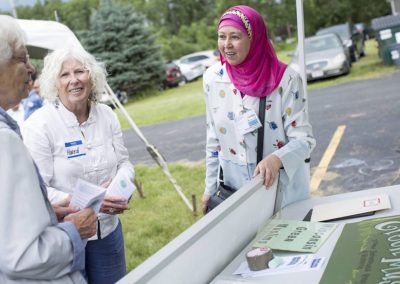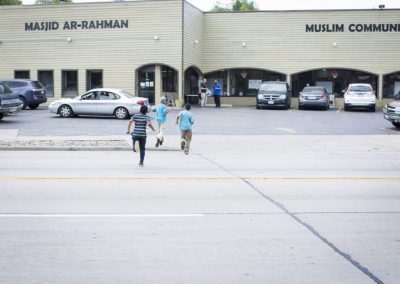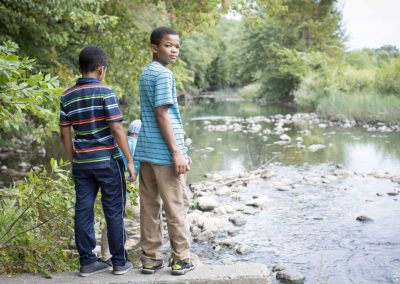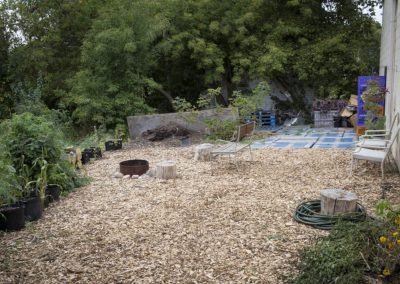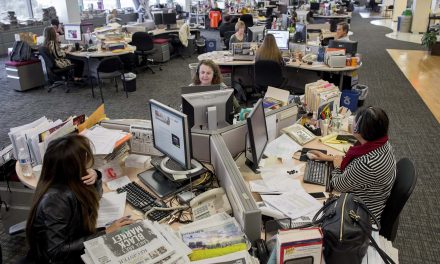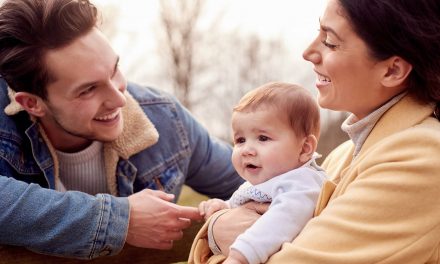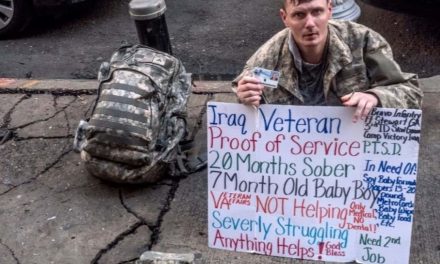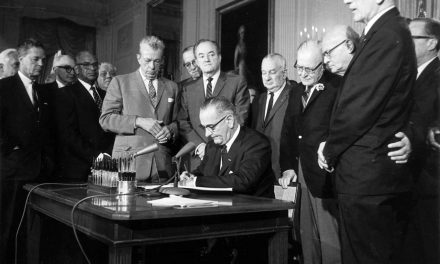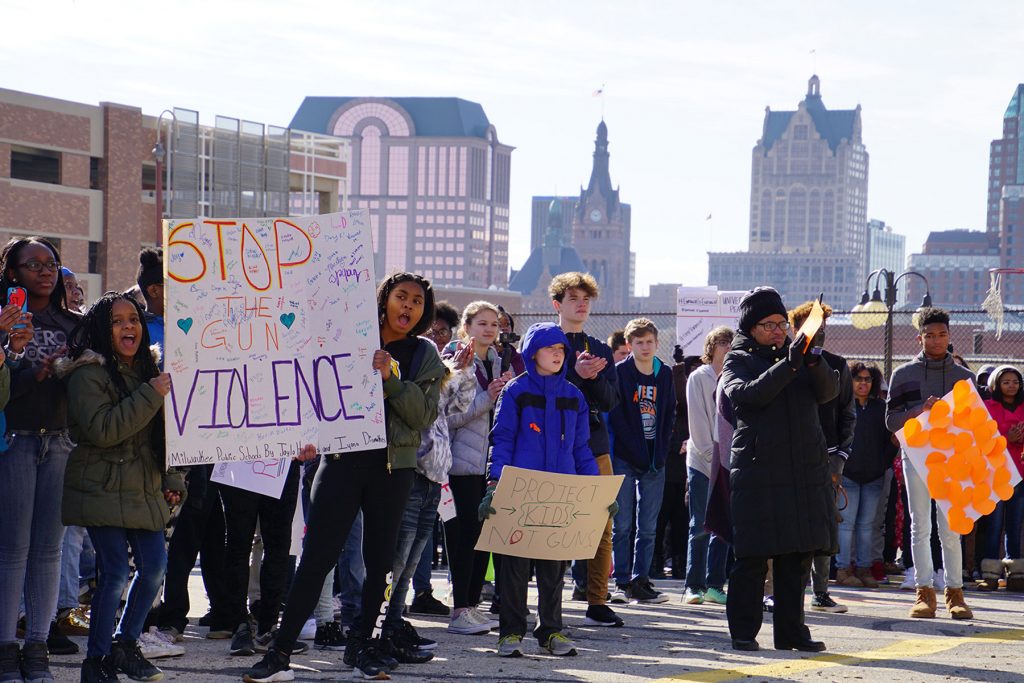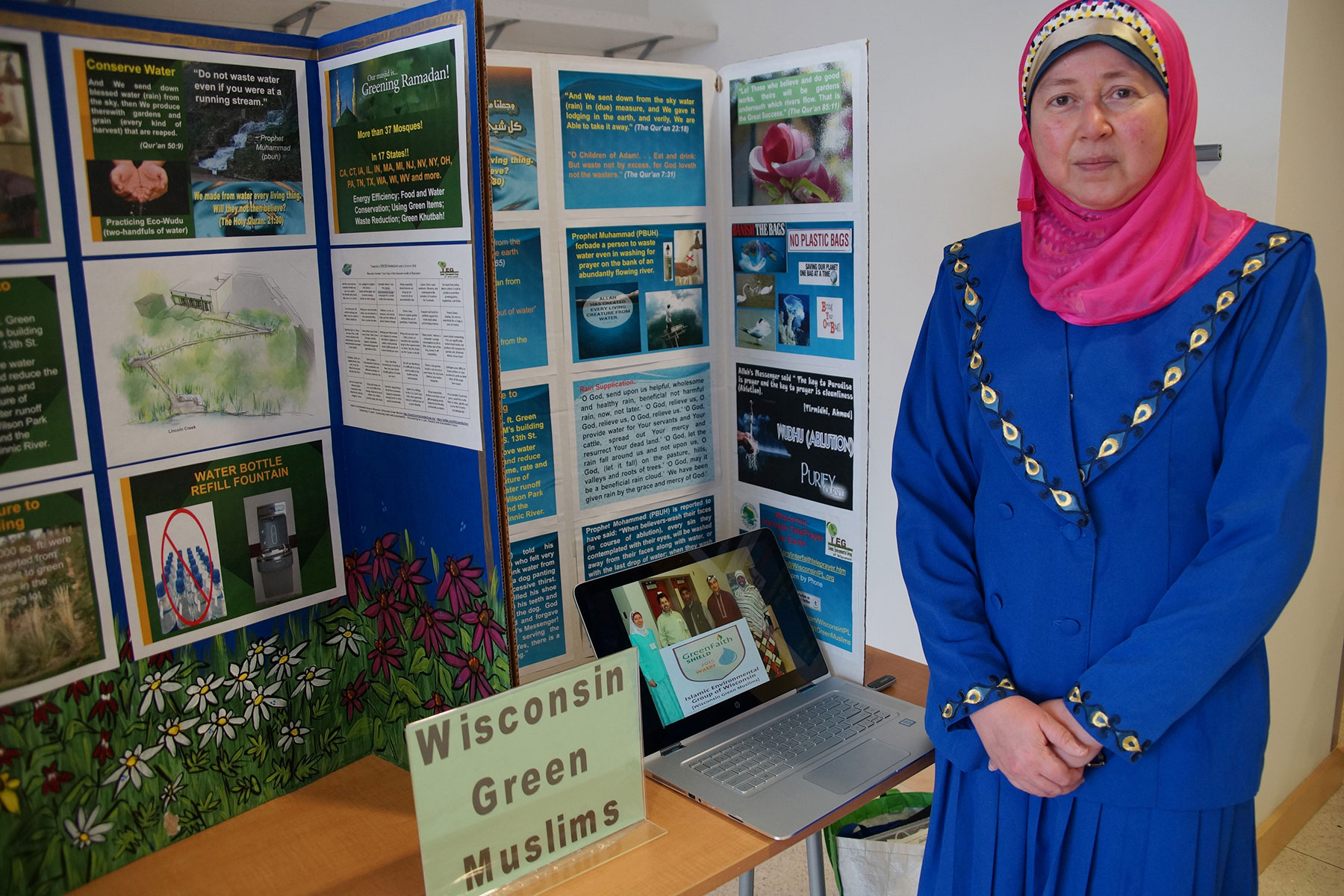
Q&A with Huda Alkaff
Q: How did you get involved in environmentalism and energy issues?
A: Believe it or not, I have been an environmentalist since I was a child. Back then, I remember being asked the famous question from the adults in my family and my teachers, “What do you want to be when you grow up?” Remember that question? To everyone’s surprise, my answer was “An ecologist, an environmentalist!” I was and still am fascinated by nature and all its inhabitants, and I wanted to learn more about them, and the connections between them. I earned a double major degree in chemistry and biology, but was yearning for a more interdisciplinary field of study. Ecology is the study of interconnections and interdependence among everything in space and in time. This was my higher education investment. The continuous attempt at establishing connections and gaining holistic network insights is the driving force for my ongoing work to build strong and sustainable bridges between the environmental teachings in Islam, other faiths and spiritualities and my university environmental training and education.
Q: Why are faith leaders so important to the larger effort to address climate change?
A: People of faith have a great responsibility to stand up for climate justice and address the concerns and calamities of the poor and marginalized communities, those with the lowest ecological footprints, yet they are the most impacted by climate disasters. It is a moral issue, and the interfaith voice standing united for climate justice and care of creation is instrumental in mobilizing the faithful for the common good.
Q: Have you or Wisconsin Green Muslims been able to reach people in the community who weren’t previously aware of or concerned about climate change and how they can make a difference?
A: Yes, by designating a certain theme each month, we align our limited capacity with a larger event that provides resources, and enables us to reach a wide variety of people and interests, while tying to the theme of the month, whether it is water, food, fair trade, energy, recycling, peace or environmental justice to climate change. People have different interests and we try to meet them where they are. We tie their interests and concerns to the effect of climate change, while facilitating simple ways that they can make a difference. We do outreach with environmental programs to formal and informal Islamic schools, for K-12 students, college students, teachers, parents and other adults, and we were able to make connections to climate change causes and impacts.
Q: Why do you think the message of sustainability and reducing carbon emissions has resonated with Muslims in Wisconsin?
A: The message of sustainability should resonate with Muslims everywhere, not just in Wisconsin., because the Islamic environmental teachings are abundant in the Qur’an (the holy book for Muslims) and the Hadith (the reports and sayings of the Prophet Muhammad, peace be upon him). For more than a decade now, Wisconsin Green Muslims have been providing a variety of educational activities for all ages connecting faith and sustainability, and this sincere and tireless effort should produce results in the community.
Q: How does the Wisconsin Green Muslims’ focus on water issues also dovetail with taking action on climate change?
A: Water is mentioned numerous times in the Qur’an and Hadith with an abundance of stories, wisdom lessons and insights. Water is a sacred and scarce resource, and it resonates with the Muslim community that climate change effects water. There is drought; negative impacts on food production; extreme weather events, such as tsunamis, floods, hurricanes, monsoons; as well as increased water temperatures, sea level rise, decline in fisheries. The spirituality, beauty and preciousness of water touch the heart, and lead to sincere and passionate water and climate conversations, and a strong will for climate action. This year, we already had several one-on-one and group water and climate conversations as part of a larger Midwest Faith Climate Conversations project, at which we address the issues of climate, justice and peace, and the issue of climate refugees that highlights the urgency of this global problem.
Q: Do the Wisconsin Green Muslims deal with both mitigation and adaptation to climate change? While encouraging people to reduce their carbon footprint, are you also advising people on how to handle the impacts of climate change?
A: Our volunteer effort mostly deals with mitigation, but we collaborate with other organizations that address actions to deal with heat waves, floods and other climate change-related emergencies.
Q: Does a faith approach help further the international nature of the need to address climate change? In other words, since there are Muslims all over the world, does approaching this from a faith perspective help people view climate change as something that affects people across borders and must be addressed collectively?
A: We talk about how the Muslim world is the most affected by climate change, in terms of droughts, increased temperatures, heat waves, decline in food and water resources, increase in price of needed goods, sea level rise, floods, freshwater contamination, and extreme weather patterns that hit the poorest the hardest, such as typhoons, tsunamis, monsoons, hurricanes that destroy a large number of innocent lives and livelihoods. We point out how our collective impact is needed to reduce our carbon footprint here in the U.S.A., to be part of the global solution.
Burhan Clark points out the young fruit trees planted just above the steep, bramble-covered creek bed next to the Dawah Islamic Center on the North Side of Milwaukee. Planting trees is a form of sadaqah jariyah, or ongoing charity, he explains as his young sons scramble down to the creek and then help each other climb up a stone wall, exploring their slice of nature in the middle of the city.
Sadaqah jariyah is one of the faith’s hadith, or teachings of the Prophet Muhammad. It urges people to invest in the future, creating things that will bear fruit for others even after they are gone.
The trees around the Dawah Center aren’t the only sadaqah jariyah project growing at the mosque and community center. Nearly a year ago, the Dawah Center began a project to put solar panels on its roof, another initiative that would help fulfill the Koran’s teachings about protecting the environment, Clark says.
He also explains that environmental protection is a key part of Islamic scripture, which prohibits poisoning wells or tearing up trees without replacing them, and emphasizes sustainability so deeply that even when washing before prayers in a river, one should not waste water.
Dawah Center executive director Will Perry envisions not only solar providing electricity but also a solar thermal installation that would warm the tiles through pipes under the floor where they pray. He was inspired by the idea after a pilgrimage to Mecca, where he saw a similar system cooling the floor against the Saudi Arabian heat.
In 2008, a mosque in the Chicago suburb of Bridgeview reportedly became the first mosque nationwide to go solar with its solar thermal system used to heat the water that people use to wash before prayer.
Changing the narrative
In Wisconsin and around the country, representatives of utilities and other interests have cast solar as the purview of wealthier homeowners, and inaccessible to lower-income people and urban dwellers who rent their homes. They’ve often tried to frame it as a civil rights issue, saying predominantly white people with solar installations aren’t paying their fair share to keep up the grid while minorities and lower-income people who don’t have access to solar are forced to subsidize them.
But there is great interest in solar in urban communities of color, and solar advocates are pushing to help them access the solar construction and financing models available while banking on the expectation that the cost of solar will continue to drop.
The Milwaukee Islamic Dawah Center, which serves mostly African American Muslims and immigrants from a number of West African and other countries, is in a low-income neighborhood in a city identified as the country’s most segregated. Installing solar on their own homes is not viable for many surrounding residents.
“A lot of people on my block are struggling to avoid evictions,” says Clark, 36, who has been involved with the Dawah Center since childhood and works teaching CPR.
But an installation on the Dawah Center’s roof would give people who worship there and the larger community a sense of ownership and connection to solar power, and also save money on energy bills.
Spreading light
Perry, a Milwaukee native who worked as a firefighter for 27 years, had long been interested in the idea of solar power for the center. But he embraced it in earnest at the encouragement of Huda Alkaff, who runs the Wisconsin Green Muslims organization.
The group works with mosques and other faith-based communities across the state to encourage recycling, water conservation, gardening, energy efficiency and solar energy. Alkaff has done more than 40 presentations statewide about the potential for solar, and if a mosque or other institution wants to move forward with the idea, Wisconsin Green Muslims helps them arrange financing and set them up with an engineer to analyze the roof.
In August, Alkaff offered information about solar energy to an interfaith group gathering to discuss poverty and religion in Neenah, Wisconsin, about 40 miles southwest of Green Bay.
While the event was a lively and friendly show of interfaith unity, Alkaff mentioned that that month was the fifth anniversary of a shooting in a Sikh temple in nearby Oak Creek, where a white supremacist killed six people and wounded four — a still-painful reminder of the prejudices and discrimination that exist in the U.S.
Alkaff sees solar energy as something that can bring people together and symbolize hope at a time of growing xenophobia and serious environmental challenges in our country and beyond.
“Solar has a unifying power, and it really resonates,” says Alkaff, “especially when we talk about the power of light in the time of darkness.”
Alkaff thinks solar can help Muslim communities build bridges with people of other faiths and even combat Islamophobia. It’s a dynamic that Perry has seen work through the food bank at the Dawah Center.
“We’re responding to the needs of the community here,” he says, but also showing the local community that the mosque is “a place of safety.”
“A lot of folks have come and this has answered a lot of questions for them,” says Perry. “We show that Islam is not always what it appears to be in the media.”
Alkaff is working on a study to see how a focus on solar and sustainability affects public perceptions of Muslims. She surveyed 500 people anonymously with an online survey over three days in March 2017 and asked them a series of questions about their interest in solar power; how Wisconsin gets its power; and whether they’d like to find out about the Faith in Solar initiative she leads.
Some participants received a survey with an image of Alkaff in a headscarf, while others had a priest as the central image. While she went in with the hypothesis that people would respond more positively to the questions framed under a Christian image, Alkaff was surprised to learn that there wasn’t a statistical difference in how people responded.
The takeaway, to Alkaff, is that despite rising rates of Islamophobia in society, exposing people to Islam through solar energy might help them gain a positive view of Islam and understand that it shares the values of other religions.
A recent solar assessment Alkaff did with the group Alice’s Garden, a spiritually based community garden in Milwaukee, shows the way those who work with her see her passion first, and then her religion.
“I don’t look at Huda and see someone of a different faith,” says Venice Williams, executive director of Alice’s Garden. “I see a sister, an ally and a comrade.”
Alice’s Garden works as much off the grid as possible, says Williams. They currently don’t have electricity, and rely on a generator to run events like movie nights and outdoor theater. So solar panels could be a big help.
“Right now we use our pavilion to harvest rainwater. Being able to use our pavilion to generate power from the sun would be lovely,” says Williams.
Making it work
While there are many benefits and symbolic motivations to solar, making it a reality starts with cold, hard economic calculations. An 8-kilowatt (kW) rooftop installation the Dawah Center is pursuing costs about $25,000.
There are several ways a group like the Dawah Center can help pay for solar.
Grants for solar installations are available under Wisconsin’s Focus on Energy program. Through 2021, the federal Investment Tax Credit also offers tax breaks for the cost of a solar installation, starting at 30 percent of the cost and ratcheting down. As nonprofit organizations that don’t pay taxes, faith-based groups can’t benefit directly from this incentive.
But a company or other entity can own or co-own the solar installation, collect the tax break and essentially pass the savings on to the faith group through a third-party financing model that is becoming more prevalent despite resistance from utilities in Wisconsin.
The renewable energy advocacy group RENEW Wisconsin has launched a program called Solar for Good to help fund solar installations for houses of worship and social justice organizations. With a $125,000 budget donated by local philanthropists Cal and Laurie Couillard, the program will cover up to $10,000 of the cost of installations under 75-kW and up to $20,000 for larger ones. It also offers small technical assistance grants. Applications are due November 13.
The city of Milwaukee also offers solar group buys, wherein the city gets a good deal on solar panels by buying them in bulk, and people or institutions wishing to install solar can apply to get those panels at cheaper prices in cooperation with the city.
The Dawah Center could apply for one of the Solar for Good grants, and Alkaff figures the mosque could also possibly invest some of the money they would normally spend on their electricity bills each year, in anticipation of the savings they would get from installing solar.
To help make up the rest of the cost, Alkaff plans to reach out to donors in the Islamic community who are especially interested in solar to let them know when the project is moving forward.
A structural engineer recently visited the site to see whether the roof could support solar panels, and Alkaff says she is eagerly awaiting his findings.
When will the panels go up? “The sooner, the better,” she says.
Protecting future generations
Despite efforts to frame distributed solar as an elite luxury, Alkaff, Perry and others think interest among their community and other diverse communities will only continue to grow.
“It’s that whole strategy of divide and conquer … but folks are pretty smart, they can see through the smoke and mirrors,” says Perry.
On the September afternoon, Clark’s sons are already reaping the rewards of attending a mosque that offers them easy access to nature. Their appreciation for the natural world is obvious as they dart through the underbrush by the creek and marvel over a grasshopper on a flower outside the center. Clark notes that his 4-year-old son especially loves “bugs, birds, planets and stars.” The family likes identifying different types of spiders and birds.
After getting up early for morning prayers at the Dawah Center, they’ll go back outside to turn the compost heap or work in the garden.
“We don’t want to be reactionary, we want to use our intellect” to solve problems like climate change “before things get too horrible,” Clark notes. While his young son is fascinated by other planets, Clark’s faith and common sense drive him to protect the one we’re on for his children and future generations. ”We’re not going to escape to another planet.”
This story was produced through a fellowship with the Social Justice News Nexus at the Medill School of Journalism, Media, Integrated Marketing Communications at Northwestern University, with support from the Fund for Environmental Journalism.
Kari Lydersen and Yana Kunichoff
Lee Matz and Michelle Kanaar
Originally published on Midwestern Energy News as For Milwaukee Muslims, solar is an act of faith and service

